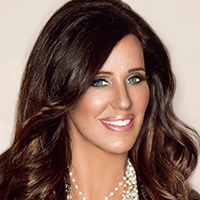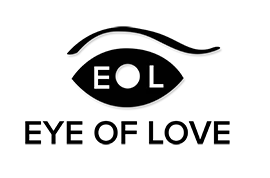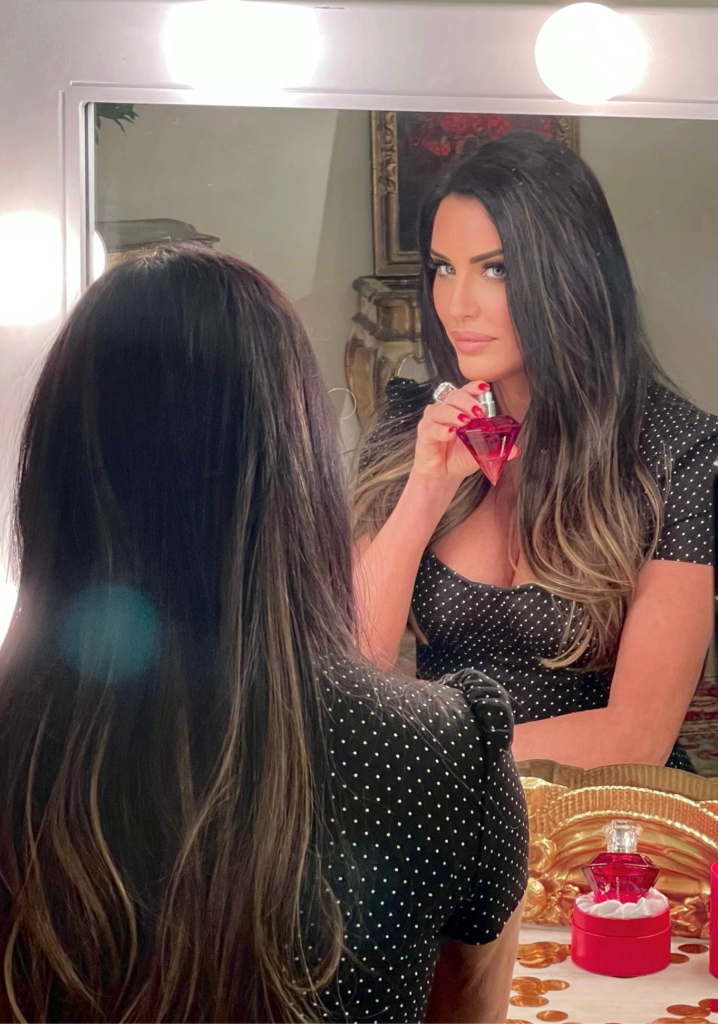
The news of Robin Williams’s suicide broke my heart into a million pieces. I have always been and will always be such a fan of his. Mork and Mindy is one of my all time favorite shows. His stand up always cracked me up, and I loved him as Genie in Aladdin. Losing him is tragic on so many fronts. One of the few silver linings of this tragedy is that it’s raising the profile of depression awareness. Celebrities, organizations and individuals are coming out with words of encouragement and personal stories. It’s really heartening to witness. Depression is a very serious disease that’s very common, which is important for us all to know. Equally as important to know–depression is treatable. It’s not a death sentence at all. With the right support and treatment, people living with depression can lead very rich and very happy lives. But, of course, support and treatment are key to making that happen. So, I thought I’d offer some advice to people who are in relationships with depressed partners.
Do Your Research
You can look online, talk to a professional or discuss with a friend or family member who has dealt with depression. Know that depression has specific criteria for diagnosis. Your partner being bummed for a week because he got laid off or a girlfriend crying for a few nights in a row over a recently deceased pet is not diagnosable depression. Depression manifests differently in different people, but it normally involves fatigue, feelings for worthlessness, recurring thoughts of death or suicide and diminished interest in things and activities that once were pleasurable. If your partner meets most of the criteria for depression, get to researching treatment and support options in your area. Look at your partner’s health insurance and find therapists, psychiatrists and doctors on the plan. If you share the same health insurance, it’s smart to talk to your general practitioner about options.
Talk to Your Partner
Discuss the matter with your partner, but be prepared for a less than warm welcome to your concern. That’s not your loved one speaking, that’s depression. Still, it’s important to open the lines of communication, offer your support and show him or her the professional resources you’ve researched. When someone is depressed, the idea of doing the research, making the call or even setting up an appointment can be too overwhelming to manage. You handling these details can make all the difference. One of my friends told me a touching story of her high school boyfriend confronting her about her depression. Because of his concern, she talked to her parents and went to see a therapist. She credits him with saving her life. You could be doing the same thing for your loved one, just by talking and letting him or her know there are options out there.
Get Support
Being the partner of someone who is depressed isn’t easy. Be sure you’re helping yourself as much as you’re helping your partner. Look into seeing a therapist and don’t feel like you need to keep this struggle a secret. Talk to your friends and family about what you’re going through.
Accept That You’re Not in Control
You can’t fix your partner’s depression. You can’t force your partner to get help or take his or her medication. All you can do is be a supportive, loving resource to your loved one and take care of yourself. Know that their mental health is in their hands and the hands of their healthcare professionals. Do the best that you can, but don’t take on responsibility, blame or guilt that’s beyond what’s reasonable.
Dealing with a loved one battling depression isn’t easy. But, with the right care and treatment, there is light at the end of the tunnel. Keep fighting against this terrible disease and hopefully it will stop taking so many precious lives.



